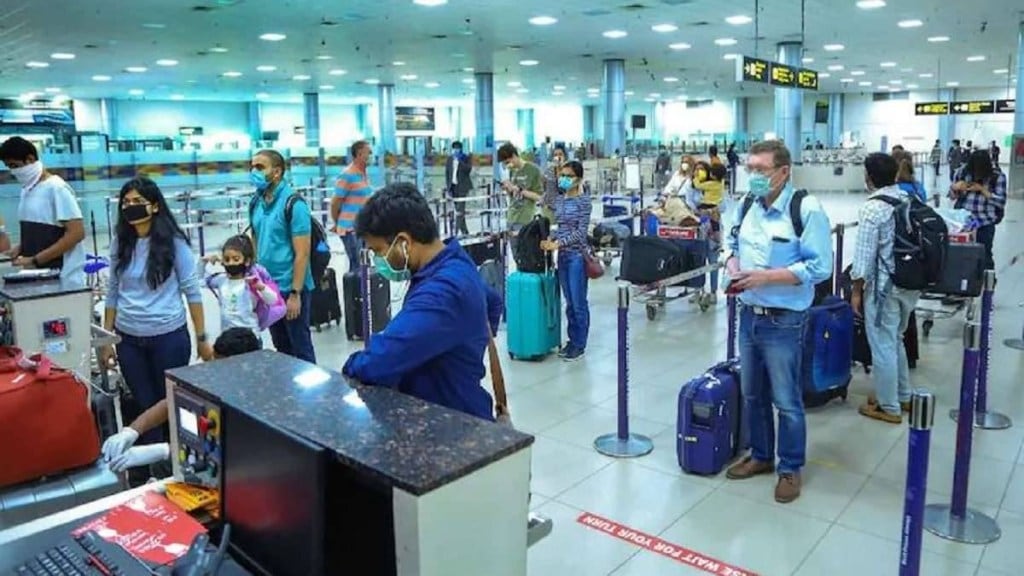The Ministry of Civil Aviation has informed that full-body scanners will be installed at airports having a footfall of over five million. This is being done after the successful trial run and clearances from other departments and related security agencies. The development will take place by the end of April 2024.
As per the officials, the novel step will decrease the frisking time by half. The scanners will be placed at certain airports which fall under the hypersensitive category.
Which airports will get the scanners first?
A senior BCAS official said, “In a meeting with airport operators, they have been informed of installing full-body scanners. Likely the Bangalore airport will be the first airport to introduce full body scanners. Delhi Airport is also likely to add the safety feature very soon.”
Once the performance of these scanners is tested at four airports, other airports in line will soon receive the same facility. The meeting also saw discussions surrounding procurement, installation, training of security personnel, and operational procedures.
These full-body scanners, based on millimeter-wave technology, operate by detecting objects concealed within body contours, according to officials.
Bureau of Civil Aviation Security (BCAS)
The Bureau of Civil Aviation Security (BCAS) celebrated its 38th Raising Day on Monday at Bharat Mandapam, Pragati Maidan, New Delhi. The event was attended by dignitaries including Ajay Kumar Bhalla, Home Secretary of India, Tapan Kumar Deka, Director of Intelligence Bureau of India, and Vumlunmang Vualnam, Secretary of the Ministry of Civil Aviation.
Established as an independent department on April 1, 1987, under the Ministry of Civil Aviation, BCAS serves as the regulatory authority for civil aviation security in India. Led by a Director General of Police, designated as the Director General, Bureau of Civil Aviation Security, BCAS is responsible for implementing Annexure-17 to the Chicago Convention of the International Civil Aviation Organization (ICAO).
The Director General of the Bureau of Civil Aviation oversees the development, implementation, and maintenance of the National Civil Aviation Security Programme (NCASP).
(With ANI inputs)

